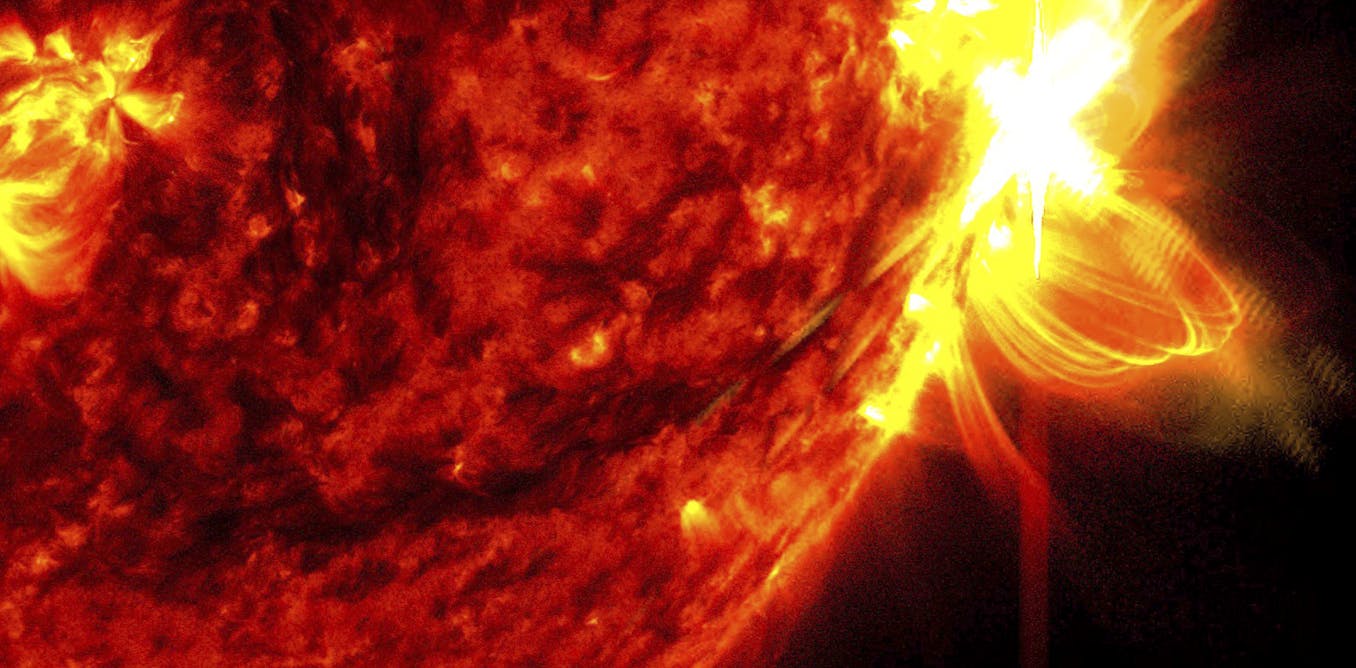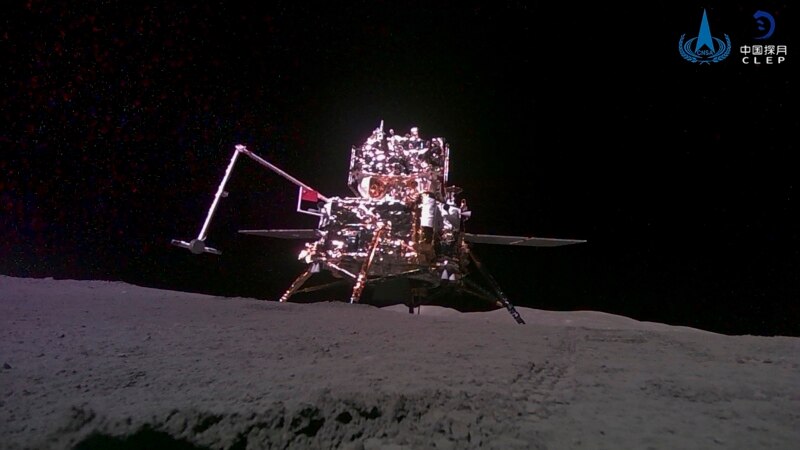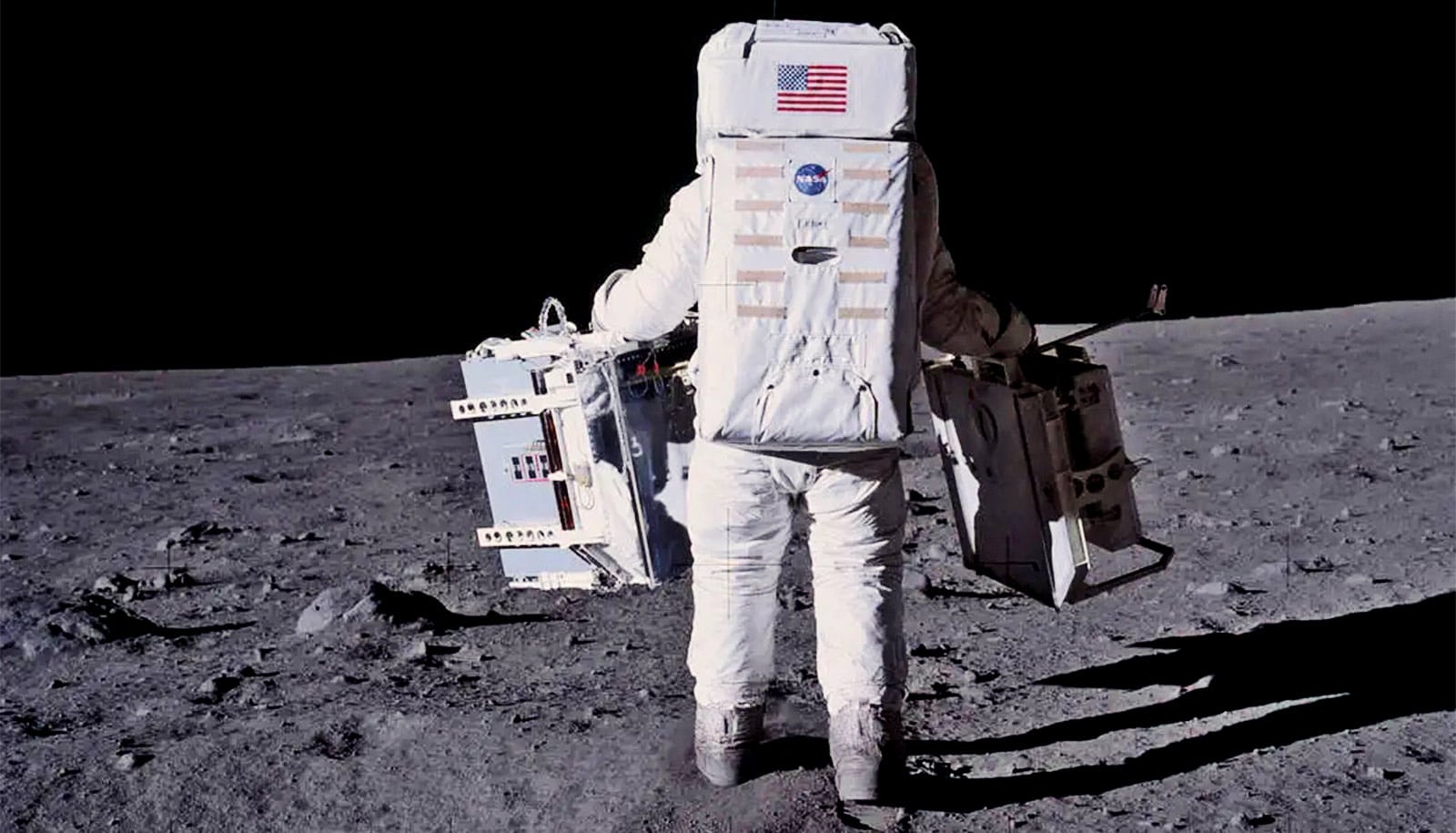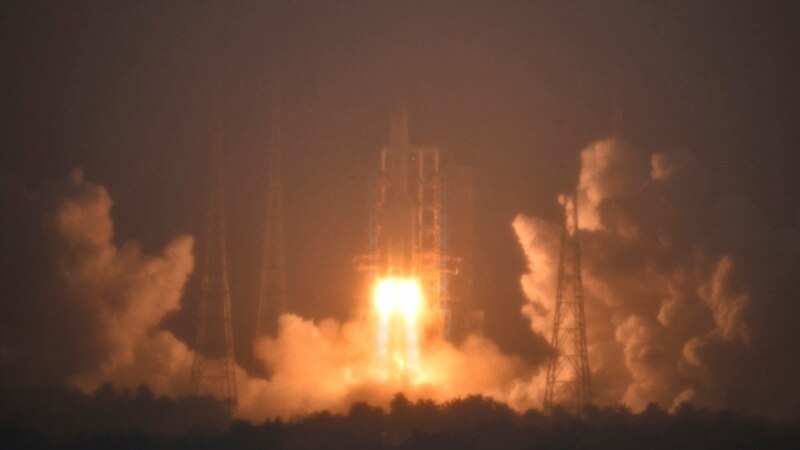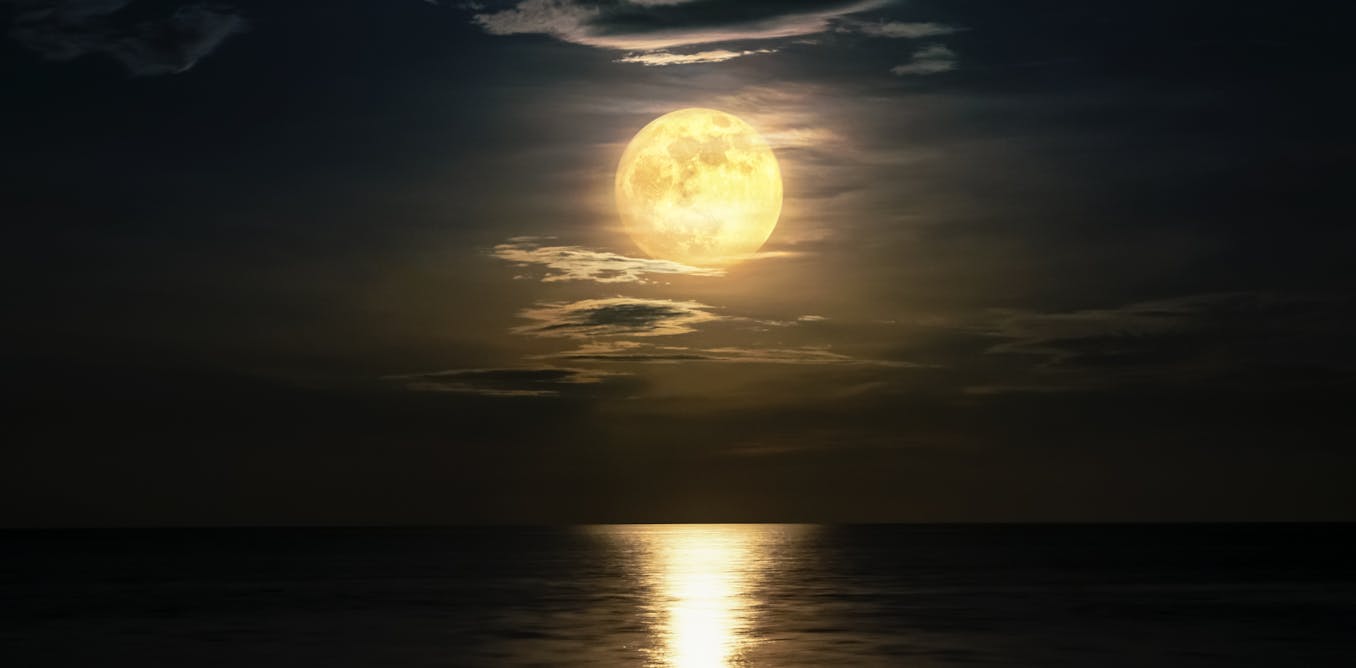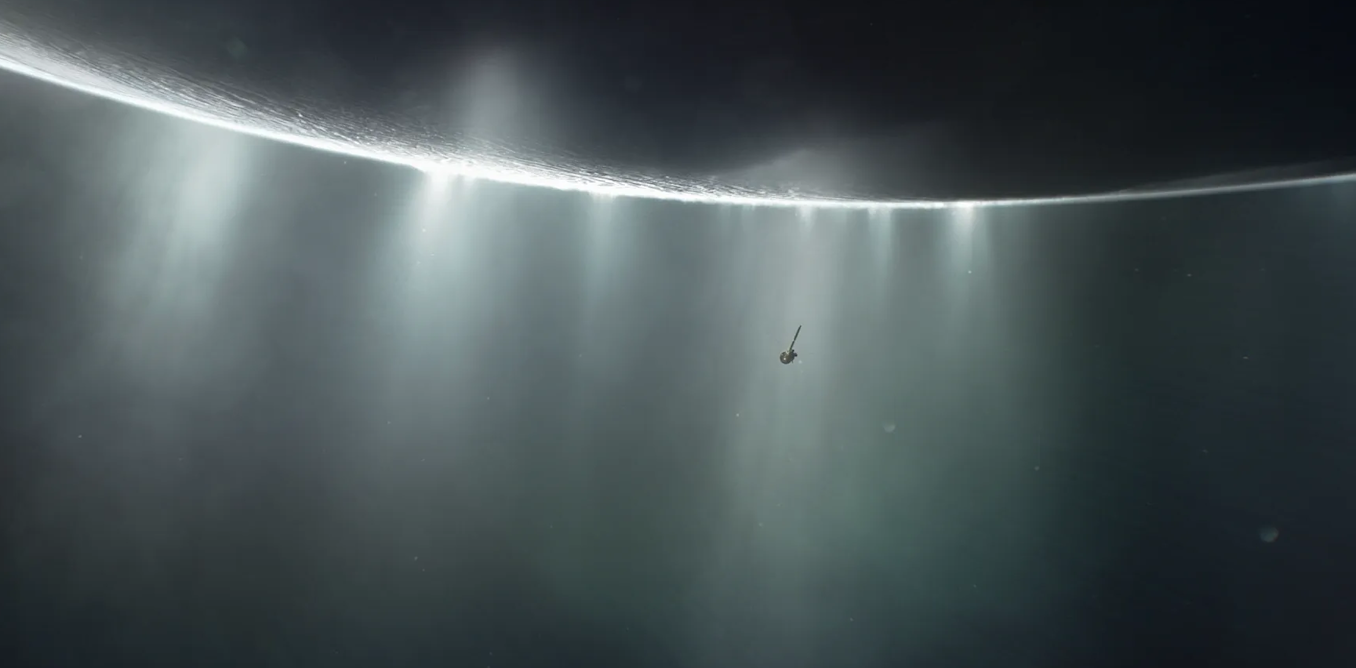Space weather forecasting needs an upgrade to protect future Artemis astronauts
The Sun will be at its most explosive right around the time NASA plans to put people back on the Moon.
Lulu Zhao, Assistant Research Scientist in Climate and Space Sciences and Engineering, University of Michigan •
conversation
June 13, 2024 • ~6 min
June 13, 2024 • ~6 min
The rush to return humans to the Moon and build lunar bases could threaten opportunities for astronomy
The best spots on the Moon for lunar bases are the same spots where scientists want to build telescopes − can these two interests coexist?
Martin Elvis, Senior Astrophysicist, Smithsonian Institution •
conversation
May 30, 2024 • ~7 min
May 30, 2024 • ~7 min
Saturn’s ocean moon Enceladus is able to support life − my research team is working out how to detect extraterrestrial cells there
Saturn’s moon Enceladus has geysers shooting tiny grains of ice into space. These grains could hold traces of life − but researchers need the right tools to tell.
Fabian Klenner, Postdoctoral Scholar in Earth and Space Sciences, University of Washington •
conversation
April 17, 2024 • ~8 min
April 17, 2024 • ~8 min
/
24


